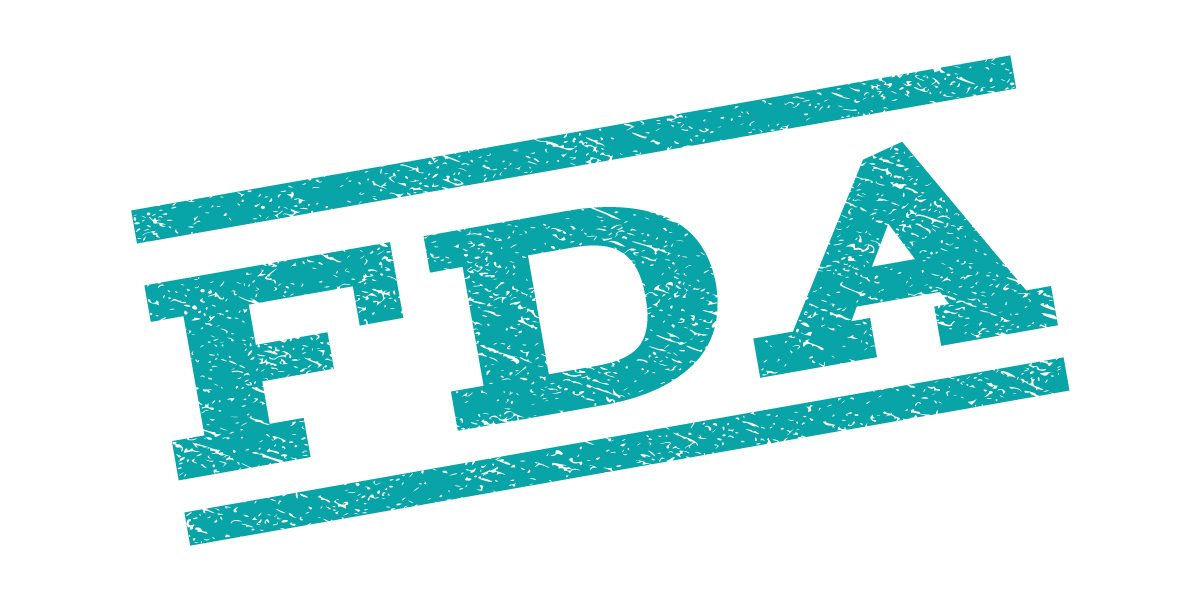FDA Places Pamrevlumab for DMD on Fast Track

The U.S. Food and Drug Administration has granted fast track designation to pamrevlumab, an investigational treatment for Duchenne muscular dystrophy (DMD).
The designation is given to medications that have the potential to treat serious conditions and to fill an unmet medical need. The designation allows the therapy’s developer, FibroGen, to have more frequent meetings with the FDA throughout the development process. The ultimate goal is to make effective therapies available to the public more quickly.
The decision to give pamrevlumab the fast track designation was based on data from a Phase 2 clinical trial (NCT02606136), which indicated the therapy could preserve upper limb strength, and improve heart and lung function in youngsters with DMD who are unable to walk.
“Fast Track designation by the FDA for pamrevlumab in DMD underscores the high unmet medical need for patients suffering from this debilitating disease and potential to advance a new treatment option,” Mark Eisner, MD, FibroGen’s chief medical officer, said in a press release.
“We look forward to working closely with the FDA on the development of pamrevlumab as a potential therapy for DMD,” Eisner added.
FibroGen is currently sponsoring two Phase 3 trials to further assess the safety and efficacy of pamrevlumab as a treatment for DMD.
One trial, called LELANTOS (NCT04371666), is evaluating pamrevlumab in adolescents and adults (ages 12 and older) with DMD who are unable to walk. The other trial, LELANTOS-2 (NCT04632940), is testing the medication in children (ages 6–12) with DMD who are able to walk. Both trials are open to males only and are recruiting participants; information about locations is available here for LELANTOS and here for LELANTOS-2.
In both studies, participants will receive either pamrevlumab (35 mg/kg) or a placebo, given every two weeks by infusion into the bloodstream for a year. Participants in both trials also will be treated with corticosteroids.
The two trials are primarily evaluating the investigational treatment’s effect on muscle function, using relevant measures based on participants’ physical abilities. LELANTOS will evaluate upper limb function with the the performance of upper limb scale, and LELANTOS-2 will use the North Star Ambulatory Assessment for children able to walk.
Pamrevlumab works by blocking the activity of connective tissue growth factor (CTGF), an inflammatory signaling protein that drives fibrosis (scarring) in muscle tissue. In people with DMD, CTGF levels are abnormally high, and abnormal scarring contributes to muscle weakness and to organ dysfunction.
FibroGen also is developing the therapy as a potential treatment for other diseases where reducing scarring may be beneficial, including idiopathic pulmonary fibrosis and locally advanced pancreatic cancer.






